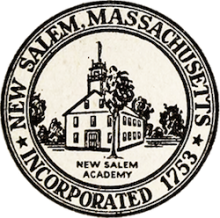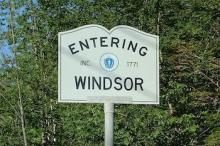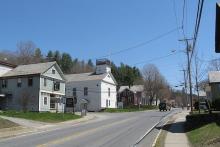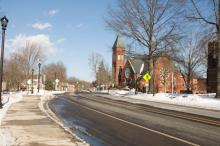New Salem's New Hut Means New FTTH On The Way
Expect to see more Massachusetts communities connected to their Fiber-to-the-Home (FTTH) networks during 2019. Westfield Gas + Electric (WG+E) has been working with the rural towns on the western side of the state, and an increasing number of the projects are nearing completion. With the arrival of their broadband hut in December, the folks in New Salem embraced their Broadband Committee’s adopted motto, “This Is Really Happening!”
Summer of Speed
Broadband Committee members estimate their publicly owned community network will launch in July as they bring better Internet access to the town of about 1,000 people. After more than three years of seeking a way to high-quality Internet access, delivery of the hut was a physical manifestation of the hard work needed to make this goal happen. Committee member Sue Dunbar told the Greenfield Recorder, “It’s a huge, big brick visual reminder to the town residents, who have been waiting for so long, that this is a reality.”
There's Always Ups and Downs
The project has not been without snags. Underestimates of make ready costs, partly due to long driveways for some potential subscribers, drove up deployment costs, which are still not finalized at around $3 million. A few property owners had opposed new utility poles on or near their property, which hampered a smooth deployment. The fact that the state’s Department of Conservation & Recreation owns swaths of New Salem also interfered with the process by adding an additional level of approval to pole installation.
According to Dunbar, however, New Salem is collaborating with nearby Shutesbury and Wendell, and that collaboration is helping to improve the deployment process. All three communities have contracted with WG+E to build their publicly owned networks. Wendell expects to begin connecting premises in the fall, while Shutesbury is aiming for a May launch.











